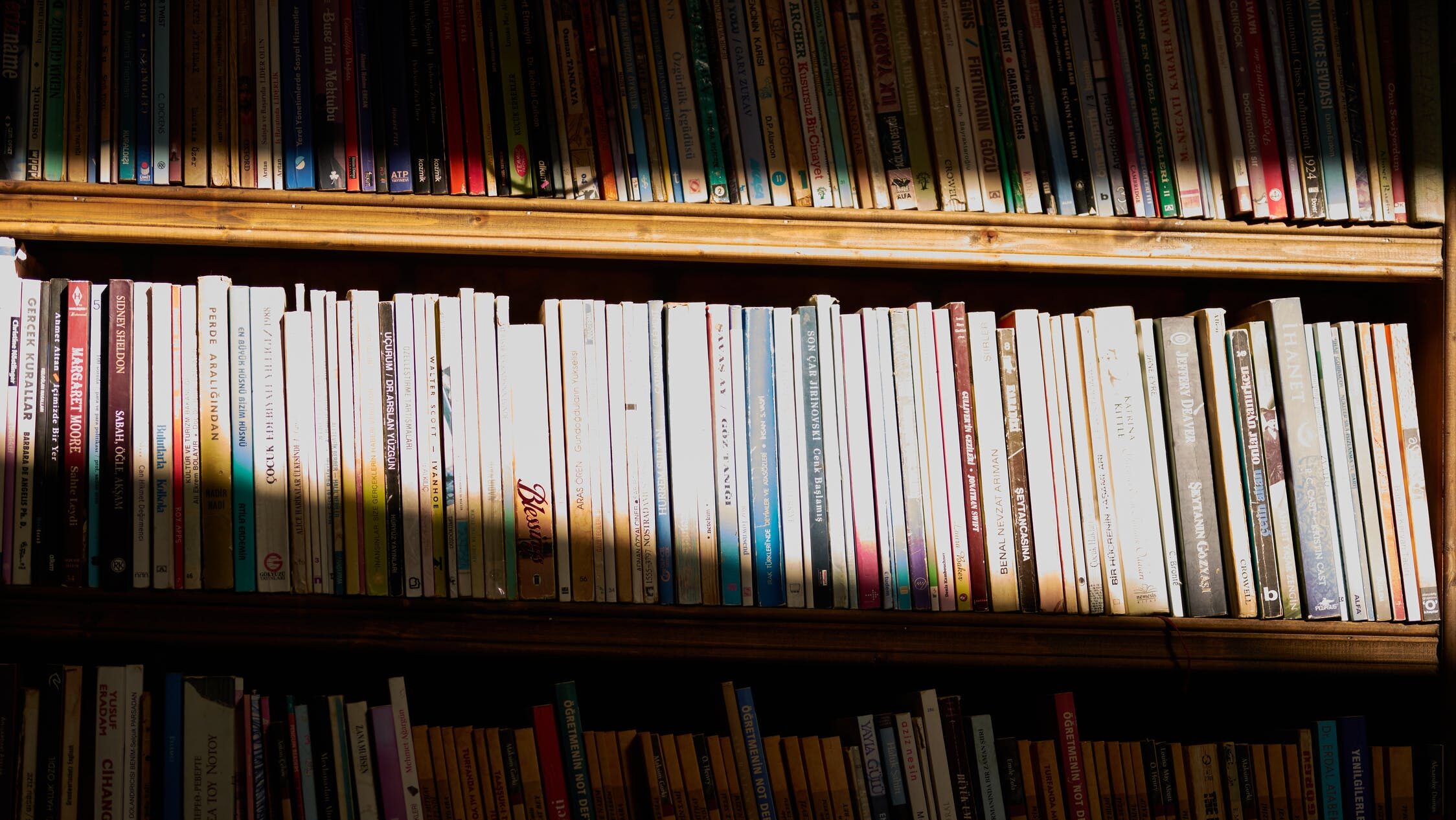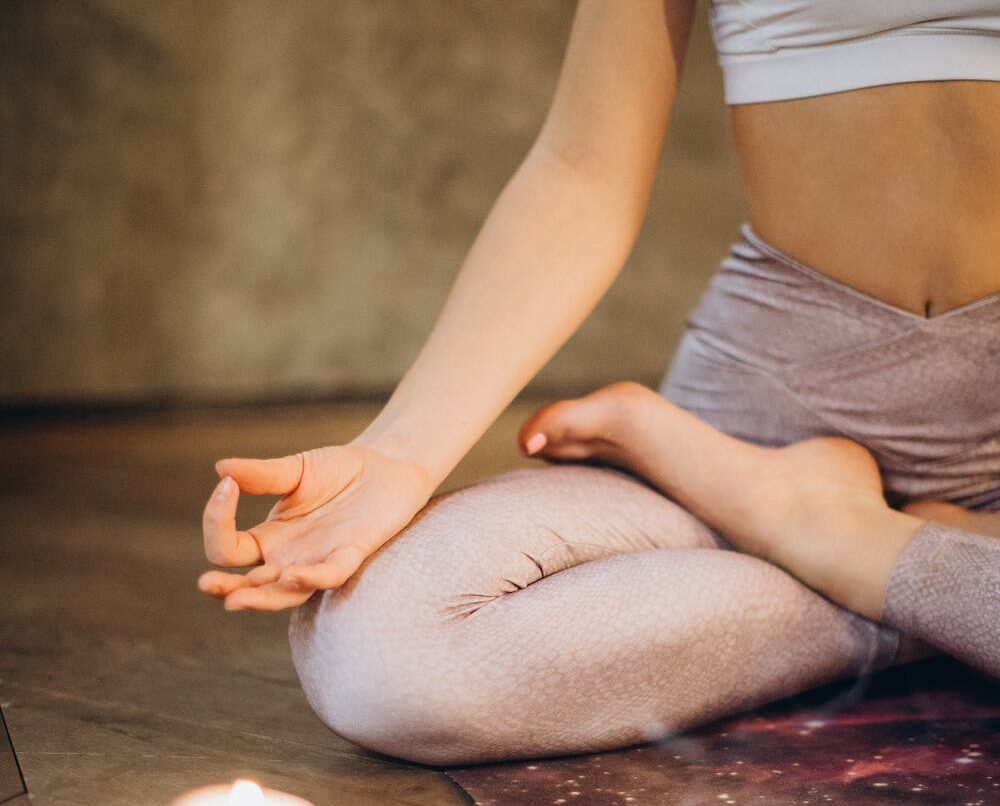Earth is truly a beautiful planet. Every planet has its own beauty, but the Earth, even when it is polluted, even when it has undergone many mutilations from humanity, retains an amazing attractiveness. We are not just talking about what people used to call nature, but about almost everything that can be called part of this planet.
It is very valuable to notice the beauty in your everyday life. Have you ever had to look for beauty in a subway station, for example? We don’t suggest turning a blind eye to the ugly, but if you see nothing but ugliness, you’re not seeing the whole picture. You should spend at least as much time on the beautiful as you do on the ugly. If you focus only on the ugly, you multiply it, especially if you charge your attention with some emotion.
You can start practicing your ability to see the beautiful when you go to the store. Aren’t fruits and vegetables beautiful in themselves? A person gifted with the ability to see beauty can stand in front of a bunch of cauliflower for a long time, finding lots of new and interesting things about it. An artist is a person capable of seeing beauty where others see nothing. And when we say “seeing,” we don’t just mean seeing physically; we’re talking about hearing beauty, smelling beauty, etc., not to mention perceiving the non-physical world.
The more you see beauty around you, the more often you will bring and add beauty to your surroundings. The person who has a beautiful home, regardless of income level, is usually one of those who can see beauty.
The greatest lesson in life remains learning how to make choices. The more you see, the more you have to choose from. If you see beauty, you can choose beauty. You could make this analogy: a colorblind person has less ability to pick out a beautiful combination of colors than a person who is good at discerning them. Being able to see beauty in everything is a sign of a broader view of the world. The ability to see expands your choices. When you don’t see, you don’t know what your choices are, and sometimes you don’t even know that choices exist.
If you are sensitive, you can pick up impressions that are inaccessible to most people. Sensitive radios pick up signals that others do not perceive. Sometimes a person is considered overly sensitive because he or she is easily offended. The fact is that sometimes a person is attuned to the very things that offend him-that is the “wave” he catches. This state of affairs is indicative of certain aspects that need healing. But sensitivity does not necessarily mean vulnerability. “Full spectrum” sensitivity allows one to receive information from all “directions,” both outwardly and inwardly. In this regard, a sensitive person does not have to wait for “thunder to strike” in order to receive a message from the universe or himself, whatever that message might be.
There are times when people are sensitive in one area and not at all receptive in another. The more experience you have in a certain area, the more sensitive you are to it. If you are a musician, you are more likely to perceive the subtle nuances associated with music, and if you are an architect, you are more likely to perceive details invisible to others associated with architectural issues. If you have worked extensively with interpersonal relationships in your life, you will notice subtleties in relationships between people that others will overlook.
No one can be an expert in all areas at once, but the more attentive you are to your life, the more sensitivity you develop in yourself. You might even say that your life consists of things that you are sensitive to. You have learned these things and developed the ability to handle them skillfully. The result of developing sensitivity in an area is to be able to recognize the beauty in it. Almost anyone can be moved by a beautiful piece of music. But an expert in music will be able to experience a higher order experience through such a work than someone who does not hear the nuances and does not understand what it is all about, because all music is about the same to him.
Sometimes it happens that experts lose the ability to appreciate beauty, beginning to chase flawlessness. A person who knows how to distinguish an expensive wine from a cheap one and enjoys the former can no longer appreciate an inexpensive drink. This can be understood, but ideally a person should reserve the ability to enjoy any virtues that an inexpensive wine may have. This does not mean that he will not feel the flaws of the drink; but he will appreciate the drink for what it is.
Attractiveness can be found in everything. There are grains of beauty everywhere. Sometimes they are really grains, but they are there. If you constantly criticize yourself, emphasizing your ugly traits and flaws, you will see the world the same way. You might ask what was beautiful about Adolf Hitler. Not much. But how often have you encountered such extremes?
The more you appreciate beauty, the more beauty is drawn into your life. So it’s wise to consciously bring beautiful things into your life so that you have something to appreciate. This can be anything – the occasional bouquet of fresh flowers, clothes that you think are beautiful, a work of art in the house. If these things are already present in your life, take a little more time to fully experience them, to identify with them. When you genuinely admire a bouquet of roses, you are ultimately admiring a trait of yourself.
You are part of the whole, and you contain the whole world. You can’t appreciate anything on its own merits if you haven’t already discovered it in yourself. By recognizing the beauty in others, you remind yourself of your own beauty. Seeing the flaws in others reminds you of your own flaws. It’s good to see your own flaws, but obsessing over them is a road to nowhere. Try to have more and more beautiful experiences every day. This is not done through struggling with your flaws, but through increasing beauty. If, for example, you recognize your impatience for inner work, try to appreciate the beauty of patience instead of growing dissatisfied with yourself.
Meditation:
Close your eyes and imagine the most beautiful thing your imagination can. First, place it in front of your mind’s eye. Then become part of it.
Now that you have at least one beautiful image, think about how you might bring beauty into your life. If, for example, you imagined a waterfall, the beauty might be to meditate on its image daily. You could actually go to a place where there is a beautiful waterfall and see it with your own eyes, or find an image of it and place it wherever you want.

